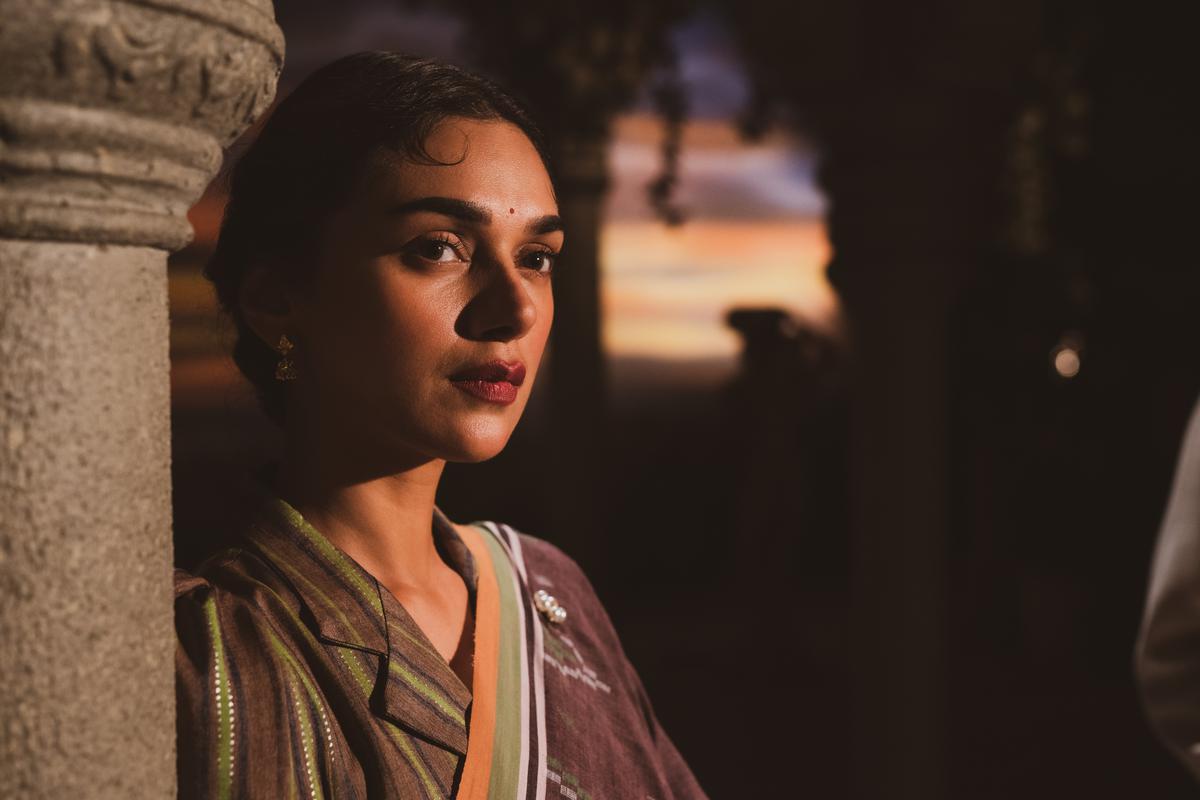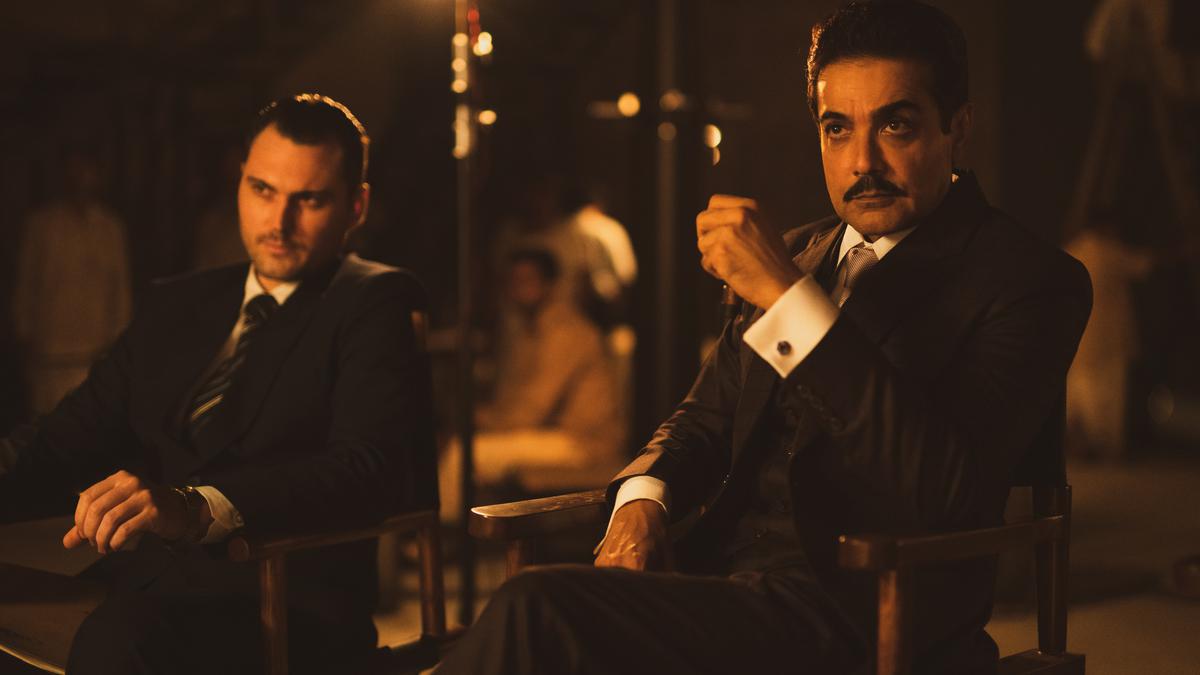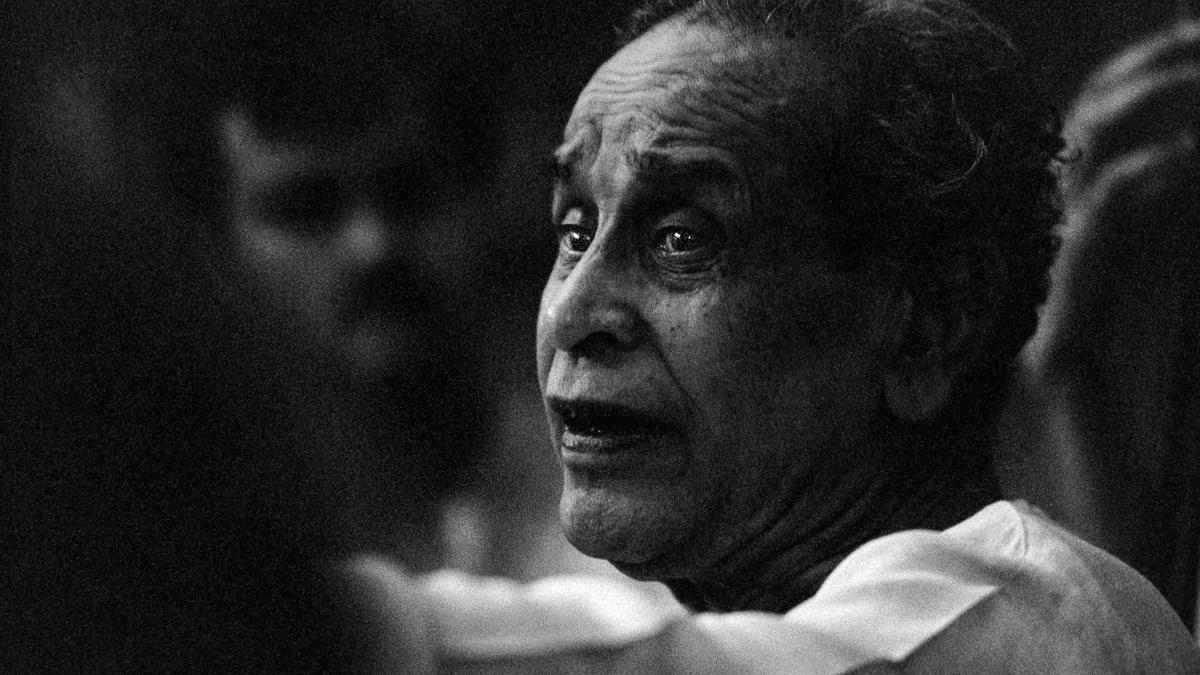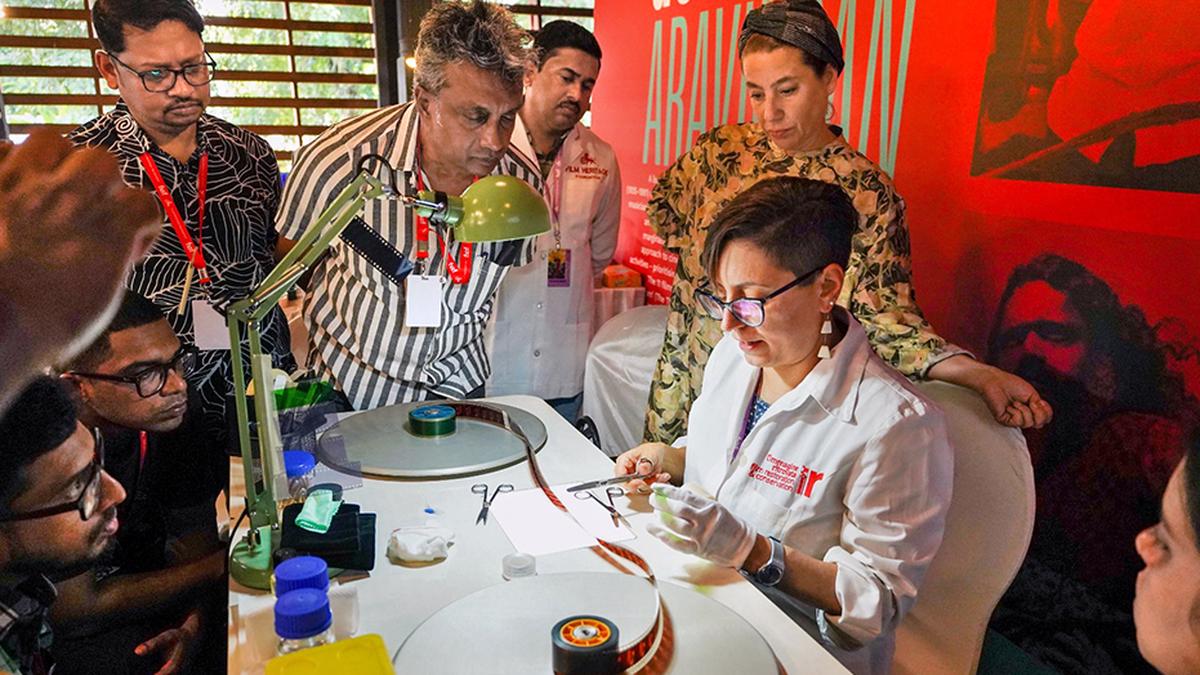Prosenjit Chatterjee last appeared in Hindi cinema over a decade ago. The Bengali superstar, known for acting in both commercial and arthouse fare, was a solid, simmering presence in Shanghai, Dibakar Banerjee’s political thriller film from 2012. It won Prosenjit a Stardust Award for Best Supporting Actor—the kind of gesture that might have encouraged him, one imagines, to stick around.
Not quite. Asked to explain his long hiatus from the Hindi screen, Prosenjit demures, saying it was not a ‘proper decision’. “I was waiting for something good,” he adds evenly.
That ‘something’, it transpires, is Jubilee, a sumptuous, 10-episode series set in the Hindi film industry of the late 1940s and 50s. Co-created by Vikramaditya Motwane and Soumik Sen and written by Atul Sabharwal, Jubilee takes a long, unhurried look at the studio system that existed back then in Bombay. This is backdropped against the pained emergence of the Indian nation-state in the aftershocks of Partition.
An early pitch for Jubilee went like, “How about Mad Men in the film industry?” When Atul — director of films like Aurangzeb and Class of 83 — stepped on board as writer, he wanted to expand the ambit to include the political atmosphere of the time. A figure of interest, for instance, was Raj Kapoor, whose movies like Awaara and Shree 420 found incredible favour among Russian audiences.
“We wondered why, despite India’s non-alignment in the Cold War, the distribution favoured pro-communist, pro-socialist countries as opposed to finding its feet in capitalist America,” Atul says. One answer was Sovexportfilm (now Roskino), a film agency of the erstwhile Soviet Union, which offered more favourable terms to the import of Indian films compared to its American counterpart.
For Motwane, who has directed all episodes of Jubilee, the setting and time period also held a personal connection. In 1951, his grandfather, Harnam Motwane, produced a black-and-white film called Andolan, starring Kishore Kumar. The Motwanes were the owners of Chicago Radio, which manufactured public broadcast systems and had priceless recordings of the All-India Congress committee sessions.
A poster of ‘Andolan’
Andolan, which combined documentary footage with a fictional story about a family’s journey till Independence, was a resounding flop, and turned the Motwane clan away from film production for decades.
“My grandfather wanted to tell the story of India’s freedom struggle,” says Vikram, who has named his production company, Andolan Films, after the venture. “It was a noble desire but the movie came out at a time when no one wanted to see the Partition. It was too close. That’s probably why it failed.”
Beginning in 1947, with the Indian Independence Act about to be passed, Jubilee centres on the scandals and machinations of the fictional Roy Talkies of Bombay. The primary characters—studio boss Srikant Roy (Prosenjit), his movie star wife, Sumitra Kumari (Aditi Rao Hydari), and a trustee aide, Binod (Aparshakti Khurrana) — have historical parallels, most obviously with The Bombay Talkies troika of Himanshu Rai, Devika Rani and Sashadhar Mukherjee (with additional shades of Ashok Kumar in Binod).
“It’s not the same characters but yes, there were people like that who ran the studios,” Prosenjit, son of veteran actor Biswajit Chatterjee, says. “Fortunately for me, I grew up in this industry so I knew a lot about them. It did help to be informed about that world.”

Aditi Rao Hydari as Sumitra Kumari in ‘Jubilee’
Aditi adds that, playing a 40s star, she was careful not to mimic any of the performers or acting conventions from that age. “You have to keep it natural because you are playing real human beings. You cannot suddenly start talking in slow-motion.”
In evoking a different era of stardom and fanfare, Jubilee also doubles as a commentary on the industry’s present state. The title is a reference to the 50-week golden jubilee runs Hindi films used to enjoy — a rarity for contemporary Bollywood. Meanwhile, social media has reduced the distance between actors and the wider public, frequently culminating in boycott calls and ugly trolling.
“The technology isn’t so problematic as the cheap thrills people are getting at the expense of artists,” Aparshakti says. “I have seen some obnoxious things written on female actors in their comments section. It’s quite disturbing.”
Some responsibility, Aditi and Prosenjit concur, must also lie with the stars themselves. It is one thing to promote a film or engage with fans on social media; quite another to make it your primary preoccupation. The allure and intrigue that movie stars commanded in an age of limited access — when fan letters and film magazines held sway — is greatly diminished in a digital world. “We must remember that we are actors, not influencers,” Aditi says.
The first five episodes ofJubilee will stream on Amazon Prime Video from April 7. The rest will drop on April 14.







